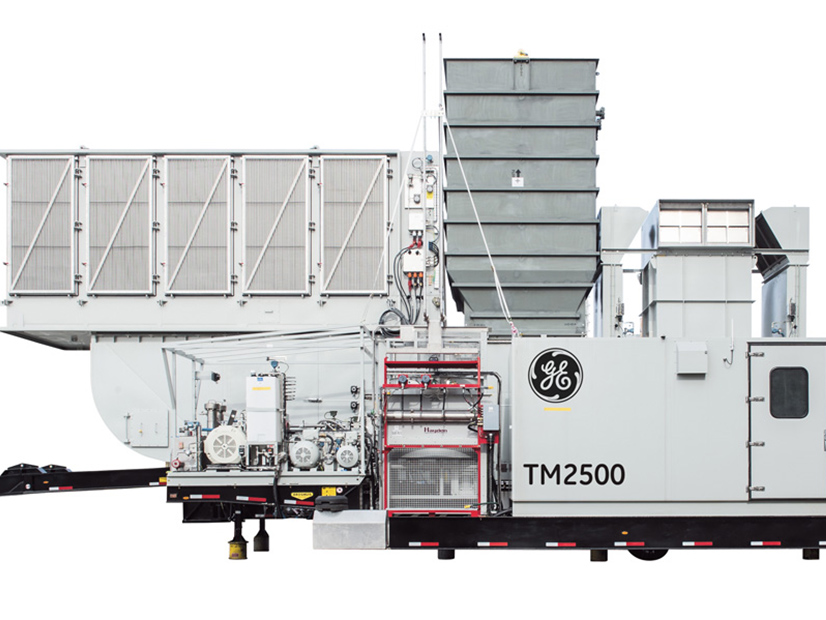
FERC granted CAISO’s request for a tariff waiver Wednesday that allowed the ISO to immediately connect two temporary 30-MW generating units for grid reliability, though the commission cautioned it not to expect such waivers again (ER21-2753).
“Given the exigent circumstances currently faced by CAISO, we find that good cause exists to grant this limited waiver as another tool to help CAISO address [its] anticipated capacity shortfalls,” Chairman Richard Glick and Commissioners Allison Clements and Mark Christie wrote in their majority decision, to which Commissioner James Danly dissented. “But we emphasize that CAISO must make every effort to avoid these sorts of waiver requests in the future.”
California continues to face potential shortfalls this year during late-season heat waves and wildfires. State agencies and CAISO have been acting since July 30 under an emergency proclamation by Gov. Gavin Newsom to prevent blackouts or close calls like those the state experienced in August and September 2020 and again this July. (See CAISO Declares Emergency as Fire Derates Major Tx Lines.)
The governor ordered the state to license new emergency and temporary power generators of 10 MW or more that can be connected to the grid before Oct. 31. In response, the California Department of Water Resources (CDWR) procured trailer-mounted, 30-MW gas generating units that can be installed in days, start up in five minutes and ramp to full capacity within a half hour.
The U.S. Department of Energy granted CAISO an emergency order Sept. 10 allowing the units and other fossil fuel generators to potentially exceed federal pollution standards. (See DOE Orders CAISO Emergency Reliability Measures.)
FERC’s waiver applied to two of the CDWR units to be installed at the former Greenleaf 1 energy center in Yuba City, where a mothballed cogeneration plant remains connected to the CAISO grid with an interconnection service capacity of 49.2 MW. That means the new units required approval for only a 10.8-MW increase in interconnection capacity, FERC said.
The site is owned by Calpine and falls within Pacific Gas and Electric’s (NYSE:PCG) service territory. CAISO, PG&E and Calpine “intend to amend their existing generator interconnection agreement and market agreements to reflect these interconnections once the commission has ruled on this petition,” FERC said in its order.
Danly Dissents
“CAISO seeks this latest emergency relief because of the ongoing and persistent failure of its markets to attract and retain adequate resources to maintain reliability,” Danly wrote in a scathing dissent.
The waiver “only applies to two resources, but I have little doubt the majority would grant the same waiver the next time, and the next time, and indeed, every time there is an emergency,” he said.
Moreover, he said, the waiver allowed CAISO to connect the new resources on the same day the order was issued. Changes to its interconnection terms with Calpine and PG&E and “conditions of its filed rate” would follow.
That made the waiver “illegal” under the filed-rate doctrine and longstanding commission precedent, he said.
The majority said Danly’s argument “misunderstands CAISO’s request and the waiver granted here.”
“CAISO’s tariff expressly provides for a waiver of timelines to meet requirements imposed by regulators or by the governor of the state of California,” the majority said. “Indeed, CAISO has requested the waiver in order to satisfy a proclamation issued by the governor. This tariff provision provides sufficient notice to regulated parties, meaning there is no filed-rate doctrine problem here.”


